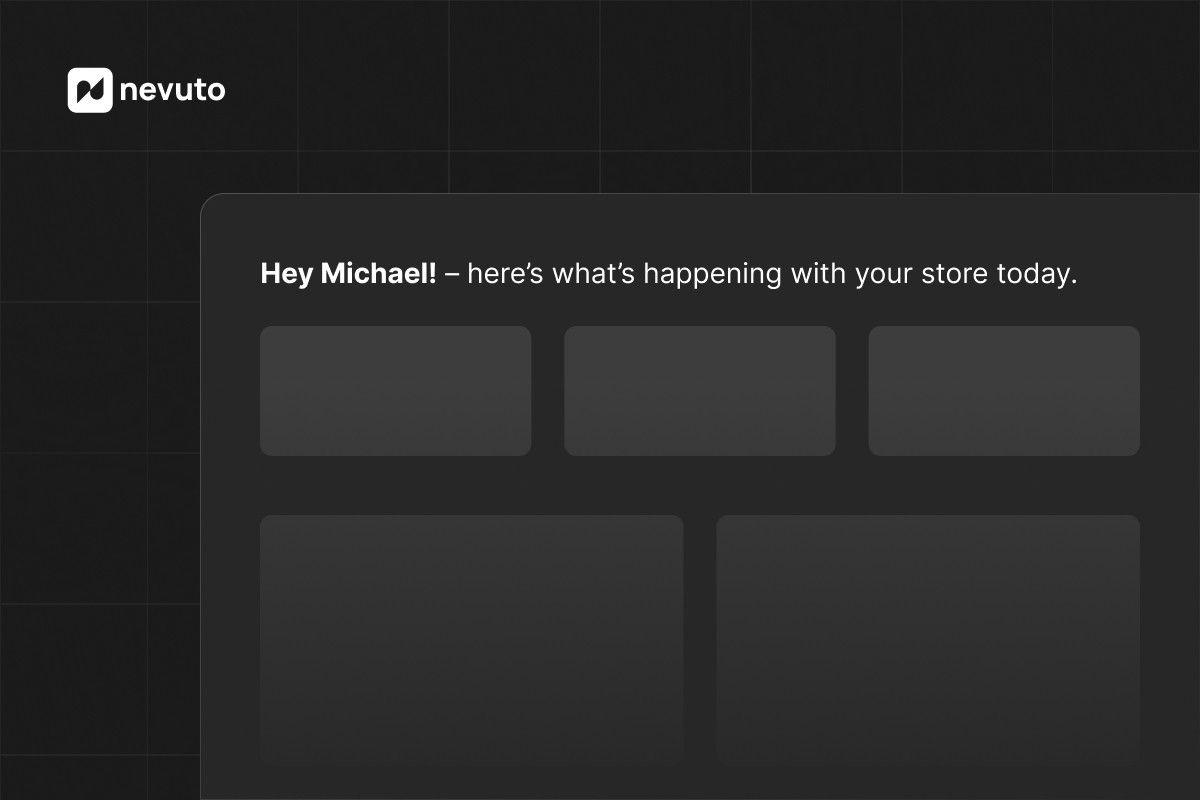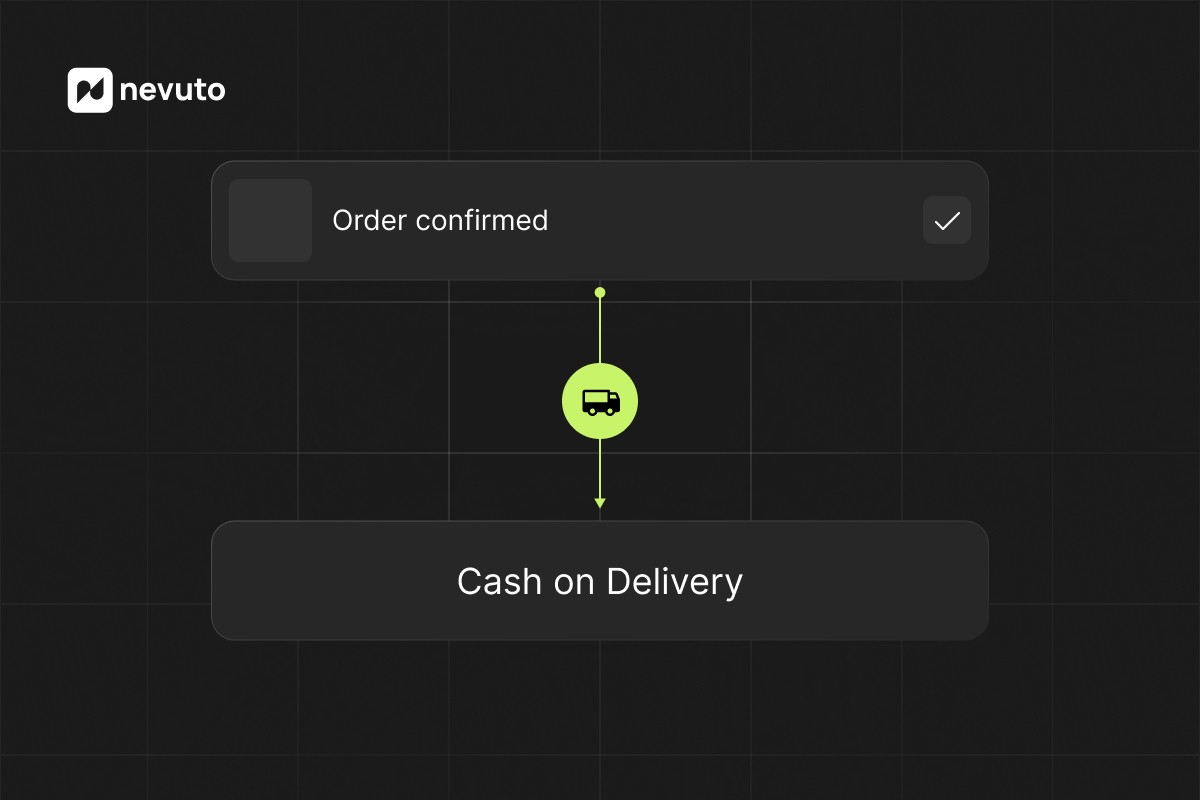
Author
Sophie Turner
22 minutes
Selecting the simplest and easiest eCommerce platform is crucial for both new and seasoned sellers alike. The foundation of a “simple” eCommerce platform lies in its user-friendliness. But what does this actually entail?
What Defines a Simple eCommerce Platform?
Intuitive User Interface: A simple platform features an interface that doesn’t require technical expertise. With a straightforward layout and neatly organized menus, managing your online store becomes hassle-free.
Swift Setup: The platform should offer a speedy and straightforward process for launching your store. Long and complicated setup procedures can be a turn-off for users.
Customization: While simplicity is key, the ability to personalize your online store according to your brand is essential. Look for platforms that allow easy customization, even if you lack web design experience.
Effortless Payment Handling: Payment gateways should be easy to set up and use. The easiest eCommerce platforms seamlessly integrate with popular payment providers, ensuring smooth transactions for customers and faster payments for you.
Incorporated Marketing Tools: Effective marketing is essential for growth. Look for platforms that offer built-in marketing tools like analytics, SEO optimization, and email marketing.
Shipping Options: A simple eCommerce platform should allow you to sell globally and locally, offering global shipping integrations and local options like pickup.
Responsive Customer Support: Even with the simplest platform, questions or issues can arise. Reliable customer support is key to resolving any challenges quickly.
The Simplest eCommerce Platforms in 2024
Considering these criteria, let’s examine a few eCommerce platforms that consistently rank among the easiest to use:
Nevuto: Nevuto is the easiest eCommerce platform for small businesses. It enables sellers to establish their stores within minutes, start selling immediately, and accept payments on a global scale effortlessly.
Shopify: Shopify is well-known for its user-friendly interface, offering a drag-and-drop store builder, various templates, and built-in marketing tools.
Wix: Known for its simplicity, Wix features an intuitive website builder, making it easy to create and customize your online store. It also offers marketing tools and strong customer support.
BigCommerce: Combining ease of use with powerful features, BigCommerce is highly scalable, allowing your store to grow with your business. It also offers robust marketing tools.
WooCommerce: For those preferring a WordPress-based solution, WooCommerce integrates smoothly with WordPress sites and provides numerous plugins and extensions for customization and marketing.
Square Online: Square Online stands out for its incredibly straightforward setup process, making it perfect for small businesses seeking a no-fuss start. While it may lack some advanced features, its simplicity is a key strength.
Concluding Thoughts: Choosing Your Simplest Solution
The “simplest” eCommerce platform depends on your individual needs and business goals. What’s easy for one entrepreneur might not be the same for another. It’s essential to consider specific features, support, and pricing that align with your vision for your online business.
In summary, your eCommerce platform should streamline your journey, not complicate it. A simple eCommerce platform blends ease of use with essential features, allowing you to focus on what matters: growing your business and delighting customers. Make your choice wisely and embark on your eCommerce adventure with confidence.














